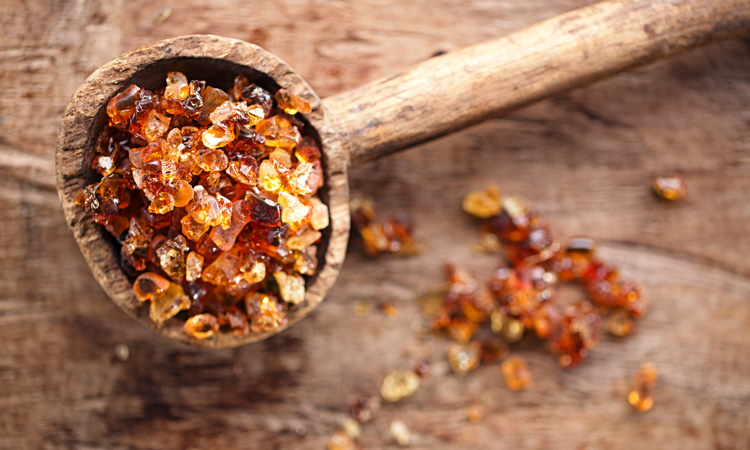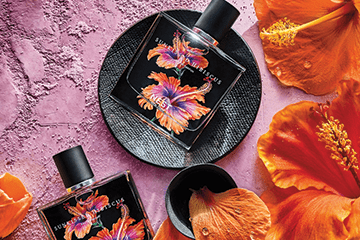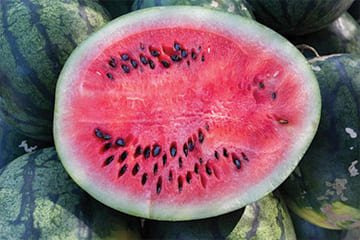
Research analyses the role of acacia gum in no- or low-sugar products
Acacia gum, also known as gum Arabic, is a natural gum consisting of the hardened sap of two acacia tree species: Acacia Senegal and Vachellia seyal. French natural gums company Alland & Robert has researched the role acacia gum can play in sugar-free and sugar-reduced products, and has announced that it can help compensate the loss of volume, texture and mouthfeel induced by the reduction of sugar content.

7 Skin Care Benefits Of Hibiscus For Glowing Skin
When most people think of hibiscus, thoughts of colorful flowers probably come to mind. And while it might look right at home in a tropical garden, the plant may have a place in your skin care routine. After all, like many herbs and flowers, hibiscus boasts an array of healing properties when applied topically or consumed as hibiscus tea. The bright, showy flower offers a rich mix of plant compounds, including antioxidants, vitamins, minerals, and malic acid—just to name a few. Needless to say, hibiscus might very well be your new favorite skin care ingredient.

How to eat watermelon seeds
Why have we been spitting out watermelon seeds all this time? They’ve got more protein than eggs and taste delicious, silly us. Maybe it is a sign of our lucky abundance that most of us don’t know (or didn’t until recently) that we can (and should) eat watermelon seeds. Why didn’t we remember that seeds are nutritional powerhouses? Why didn’t we think of eating those from the watermelon before, rather than turning them into mouth-born projectiles to be aimed at pesky siblings?